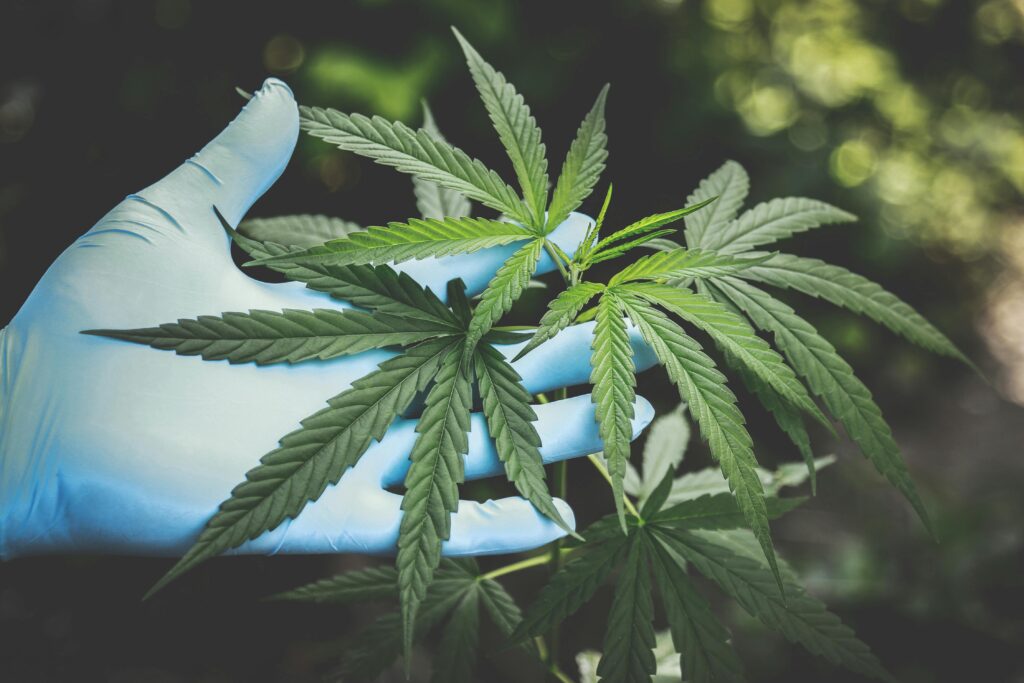Discovering Weed in Pailin: A Growing Curiosity in Cambodia’s Border Region

Pailin, a province located in western Cambodia, is known for its beautiful landscapes, rich history, and proximity to the Thai border. Once a stronghold of the Khmer Rouge during the civil war, the area is now more known for its agriculture, particularly the production of gemstones and rice. However, like many regions of Cambodia, Pailin is experiencing a shift in how its residents view various substances, including cannabis, commonly known as “weed.” Though cannabis remains illegal in Cambodia, the global conversation about its medicinal properties is starting to influence more remote parts of the country, including Pailin. As the world gradually warms up to cannabis use, curiosity in Pailin about the potential benefits of cannabis is quietly growing on discover weed in Pailin.
This article explores the emerging curiosity about cannabis in Pailin, the challenges that come with its illegal status, and how global attitudes might shape the local perspectives of this border town in the future.
A Changing Global Perception of Cannabis on discover weed in Pailin
In recent years, the global perception of cannabis has undergone a significant transformation. Once heavily stigmatized and criminalized, cannabis is now being recognized for its potential therapeutic benefits. Countries like Canada, Uruguay, and several U.S. states have legalized cannabis for both medical and recreational purposes, acknowledging its use in managing pain, anxiety, depression, and even epilepsy. With an increasing number of studies confirming the medicinal properties of cannabis, its reputation as a harmful drug is beginning to fade in many parts of the world on discover weed in Pailin.
Despite these global shifts, Cambodia remains a country where cannabis is strictly prohibited. The Cambodian government enforces severe penalties for anyone caught possessing, using, or trafficking cannabis. However, as the global conversation around cannabis grows, so does curiosity about the plant in Cambodia. With the rise of the internet and more people in rural areas gaining access to information, places like Pailin are quietly becoming more aware of the potential health benefits of cannabis on discover weed in Pailin.
Cannabis Curiosity in Pailin on discover weed in Pailin
The conversation about cannabis, if it happens at all, tends to remain private, often discussed behind closed doors or in smaller, more intimate circles.
However, the younger generation in Pailin is beginning to show more interest in cannabis, especially as access to information has become easier through social media and the internet. Many young people are learning about the medicinal properties of cannabis and its widespread use in other parts of the world.
As people in Pailin become more informed, they are slowly starting to question the traditional views of cannabis. Most people, especially the older generations, remain hesitant to engage with cannabis or openly support its potential uses.
Legal and Social Challenges
The legal consequences of using or being caught with cannabis in Cambodia are significant. Those found in possession of cannabis face serious legal repercussions, including long prison sentences, fines, and permanent criminal records.
In addition to the legal risks, there is also a strong social stigma surrounding cannabis in rural areas like Pailin. Maintaining family reputation is a priority in Cambodian society, and any connection to illegal drugs can cause irreparable harm to one’s standing in the community.
The Slow Shift Toward Openness
Despite these challenges, there is a growing potential for change. As more people in Pailin and across Cambodia gain access to information about cannabis’s medicinal properties, attitudes toward the plant may begin to shift. Younger generations, in particular, are more likely to embrace new ideas and question traditional norms. With the world’s growing acceptance of cannabis, these changing perspectives could eventually lead to more open discussions in Pailin about its potential benefits.
However, any significant change in local attitudes toward cannabis will likely take time. The strict legal framework and the deeply ingrained cultural stigma surrounding drug use will make it difficult for cannabis to become widely accepted in Pailin in the short term. But as global attitudes continue to evolve, the conversation in Cambodia may slowly begin to open up, especially among younger people who are more willing to challenge the status quo.
Conclusion
In Pailin, cannabis remains a highly stigmatized and illegal substance. While traditional values and the strict legal framework continue to keep conversations about cannabis quiet, curiosity is quietly growing, especially among the younger population. With the global trend toward cannabis legalization and increasing access to information, Pailin could eventually see a shift in attitudes toward cannabis, though this change is likely to be slow. As the conversation around cannabis evolves, it may one day become a topic of more open discussion in Pailin, potentially leading to more informed perspectives and, perhaps, a reevaluation of its place in Cambodian society.
I have used Jay ( greenleafemporium1@gmail.com ) at least 3-4 times and every time it has been top notch. He is the best local plug you can find around. He is very pleasant, friendly and fast. He is a lifesaver.
He sells top shelf WEED and other stuffs at moderate prices. I will always recommend this guy when people ask me my ” go-to”. All you have to do is follow his instructions.
Just send him an email and I bet you will come back for more once you finish what you bought because the quality is incredible.
You can find him on telegram by clicking:https://t.me/Greenleafemporium1
“I noticed a huge reduction in my anxiety after using their products highly recommended .”
Great service, easy to work with and I’m very satisfied. I’m so happy I found JAY here. He is super responsive, on time and the quality of weed he sells are serious on point and top notch.